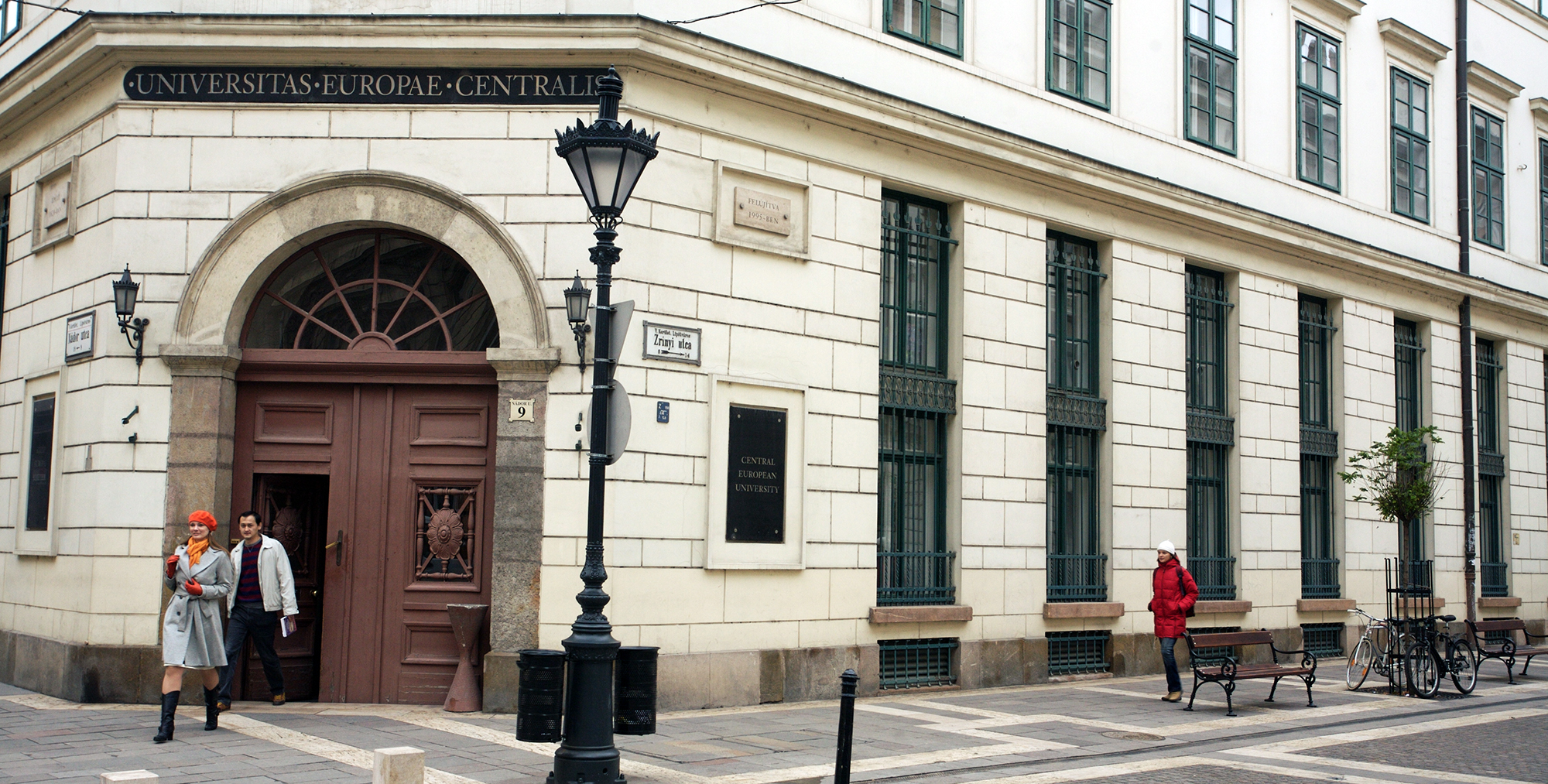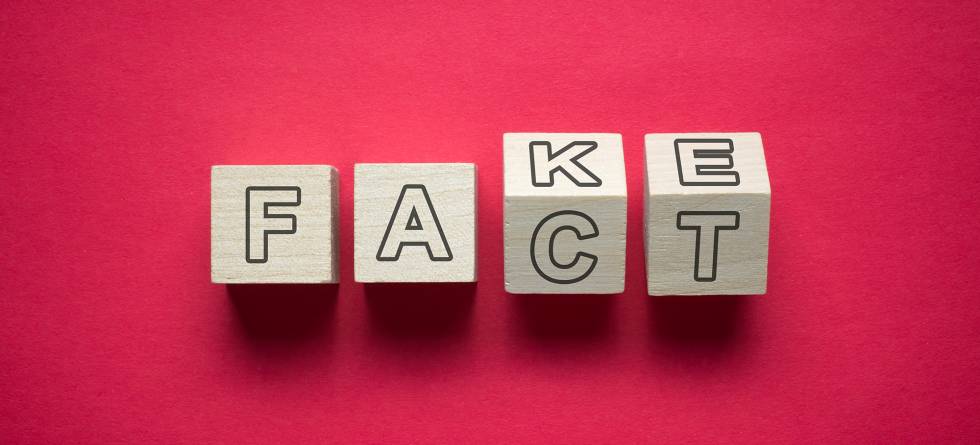"The relationship between science, politics and the public are changing. Subtle threats and outright attacks on science are becoming more widespread," says Henning Åkesson, postdoctoral researcher with the Stockholm University and Bolin Centre for Climate Research, Sweden.
"Fake news, climate denial and the anti-vaccination movement are some symptoms of our time. Aspiring scientists are not trained to handle this new landscape."
In response to this new reality, he and Øyvind Paasche, working at the Bjerknes Centre for Climate Research and NORCE, have written a call to action for the coming generation in the AGU magazine Eos.
Students must be taught how to respond
"Things we previously have taken for granted such as scientific freedom are now being challenged by those in power. There is an increasing number of examples from countries like USA, Turkey and Hungary that science and individual scientists are challenged in unfortunate and censoring ways," says Paasche about what he calls an unfortunate development.
"The scientific community need to think twice about how we educate and prepare aspiring scientists for how to better tackle this new reality."
So, what measures does students and educational institutions need to take to meet this future? What tools are needed to protect facts from being altered? Scientific integrity and ethics deserve more attention, but implementing this in existing courses is likely not ambitious enough.
"Students must be taught how to identify and handle political and industrial pressure, and know how to respond. Not only students aiming to become academic scientists need to have this knowledge, but anyone using facts and data to inform decisions," Åkesson argues.

Science and democracy are interlinked
They're not talking only about science education, but democracy in the widest sense. However politically inconvenient, the public has a right to know what the facts are – this is a theme which should concern everyone.
"Anyone who wants their government to act based on fact rather than fiction, anyone who wants to use knowledge to create safe and prosperous societies. And anyone who believes in democracy," says Åkesson.
"If science is under pressure, then democracy is too," says Paasche, continuing: “We live in a world where technology and science are woven deeper into the fabric of our society than ever before. If one is challenged, so is the other. Standing up against attacks on the science is necessary, and something researchers in the Nordic countries clearly recognize, as evident from the support letter we launched in 2017."
"Things might change for the better again, but until then, students need to be educated in how to defend their integrity and how to handle potential pressure from authorities that do not necessarily recognize the value of science.”

